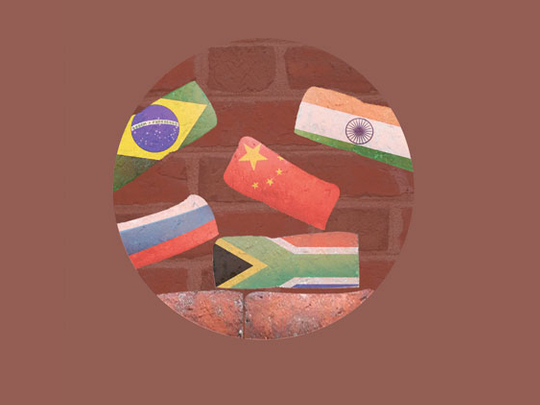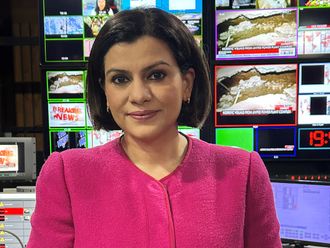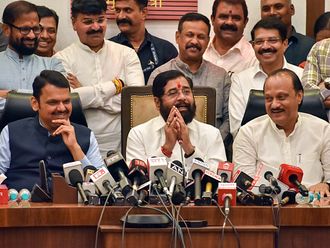
It's time to bid farewell to the Brics. Rolling China, India, Brazil and Russia into a clever acronym once offered an easy account of the redistribution of global power. But slotting rising states into neat categories betrays a western-centric world view that now obscures more than it illuminates.
For one thing, they are not all the same. United by impressive economic growth rates, the Brics are divided by politics: two authoritarian regimes sit alongside two democracies. Even then, Beijing and Moscow look uncomfortable bedfellows. Points of stress (think of Russia's emptying and resource-rich east) are easier to identify than coincidences of strategic interest.
Corralled by a set of economic indicators, the group excludes other important players. What about Indonesia and Mexico, or for that matter, Argentina or Vietnam? True, the Brics sometimes hold meetings, but the absence from the original formulation of the entire African continent has obliged them to give South Africa a seat at the table.
Russia's inclusion in the grouping was always an anomaly. Oil and gas produce good headline growth rates. On every other economic, social and demographic measure, Russia is a power in secular decline. The Brics caught a tide. The idea has brought deserved fame and fortune to its author Jim O'Neill at Goldman Sachs. But it defies the complexities of the shifts in power and interests in the international system. To lump together China and India, Brazil and Russia is to nourish a narrative that the new global order is best defined as a contest between the West and the rest.
India sees China as an ever-present danger. Hundreds of thousands of troops face each other every day across a vast disputed border. An unexpected provocation or miscalculation, I heard one Indian policymaker say, could quite easily trigger war.
Soft power
Others observed that Beijing nurtures a close relationship with Pakistan in order to contain India. Westerners should not be misled by the rapid pace of economic integration between India and China. Shared economic interests have proved an unreliable safeguard against conflict — witness Germany and Britain in 1914. Beijing would doubtless offer a different perspective, but the rights and wrongs are beside the point. The important message is that the dynamics of the new world order are driven as much by rivalries between rising powers as by how they get along with the West. India's big strategic decision in recent years has been to move closer to Washington. The US backs its bid for a permanent place on the UN Security Council. China opposes it. Brazil is fortunate not to have serious enemies. Its international aspirations fall into what policymakers call the soft power category. Proud of its democracy, it wants to make friends and influence people. Antonio Patriota, the country's bright young foreign minister, boasts that Brazil now has more embassies in Africa than Britain. A creaking North Atlantic community may soon find it has a more vibrant southern rival.
All this leaves Brazil queasy about the perception that it cuddles up to China and Russia. Sure, there is serious business to be done with Beijing — China has been the motor of Brazil's economic growth. But Brazil is happier in the company of India and South Africa. These three rising democracies have coined their own acronym — Ibsa.
President Barack Obama's recent swing through Australasia tells something of the same story of geopolitical complexity. The region's rising states may be united in challenging the economic hegemony of the West, but Vietnam and Indonesia as well as Japan and South Korea look to the US to check China. There has been plenty of Asian ‘pull' as well as US ‘push' in Obama's drive to reassert America's Pacific power.
One thread does draw together the Brics. They are all pretty much hostile to the idea of intervention in the domestic affairs of sovereign states. So, as it happens, are most of the other rising powers. As the postwar order falls into disrepair, there is scant enthusiasm beyond the West for a new system of global governance. Turkey has been closer to the West than to China or Russia in seeking international sanctions against Syria.
Rising states want to do some things together and some things with the West. For its part, the US already devotes more energy to cultivating new powers than to tending its old alliance with Europe. There are upheavals aplenty to come before the world has a settled geopolitical landscape. But I can't see room for the Brics.
— Financial Times








